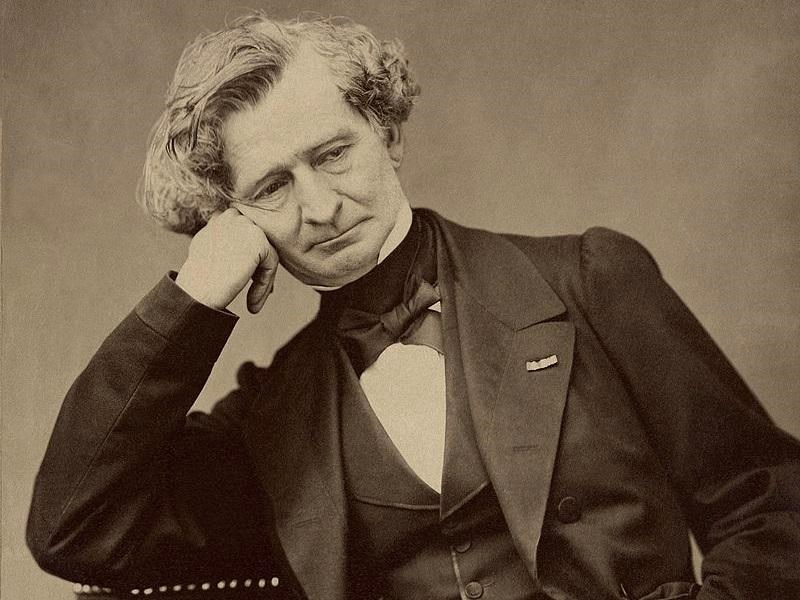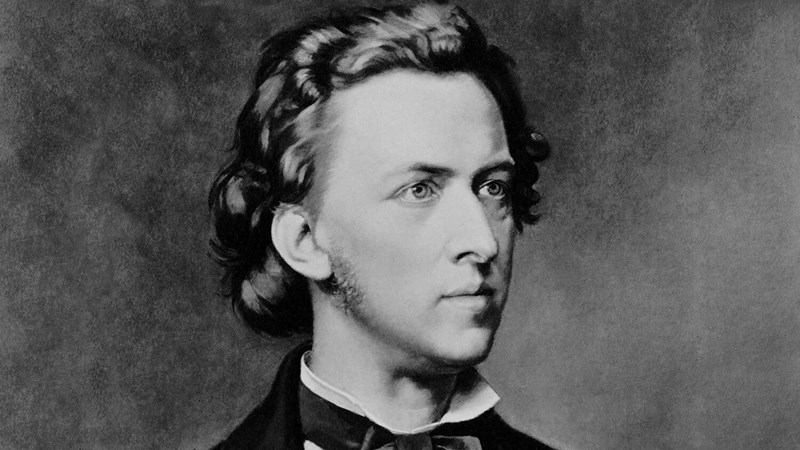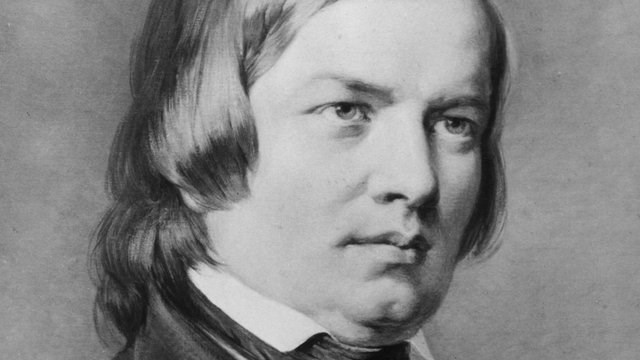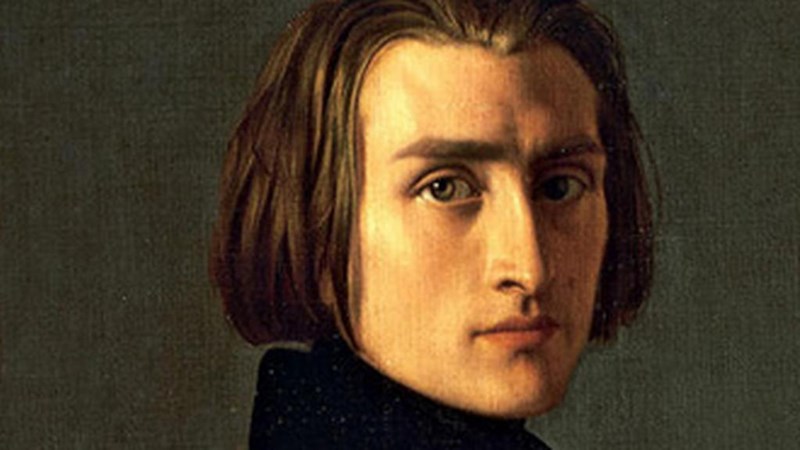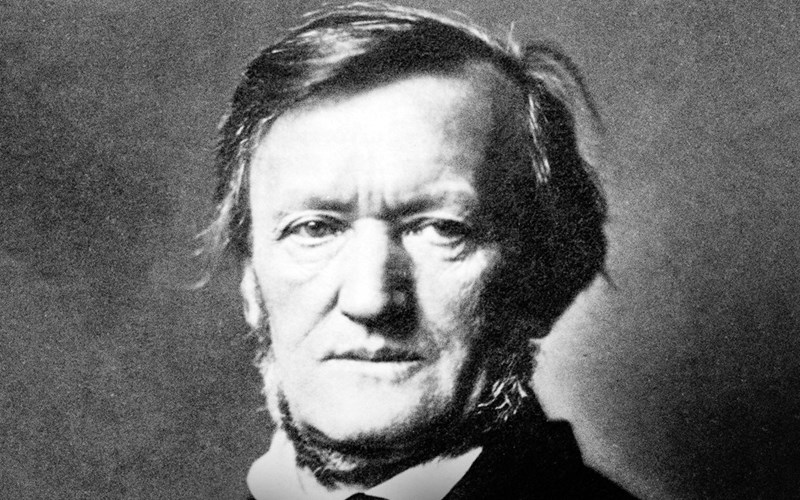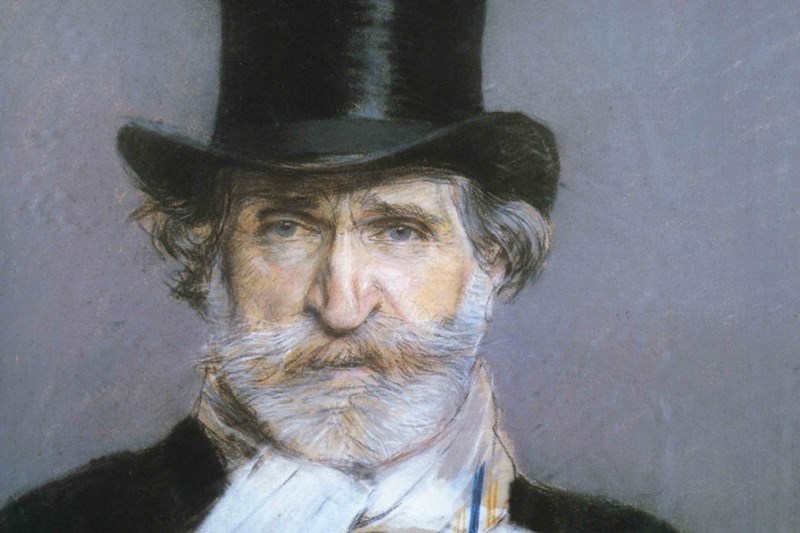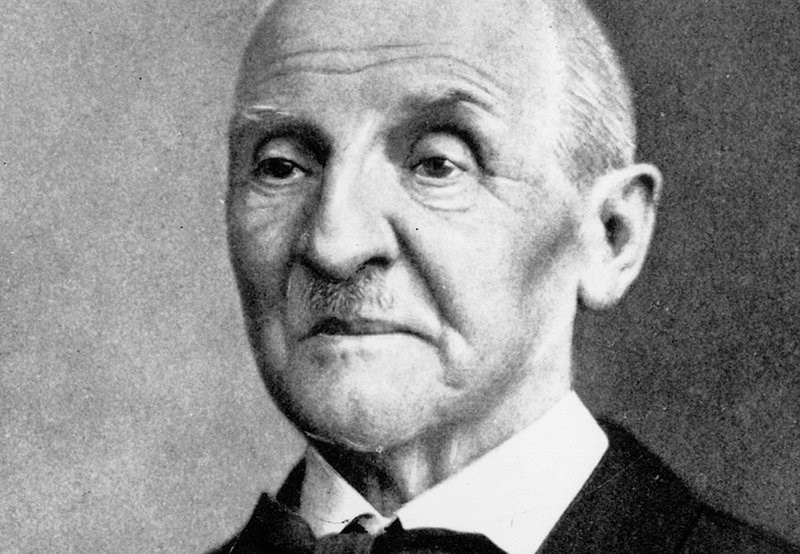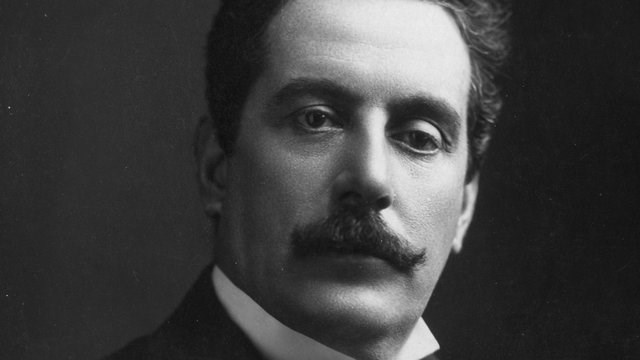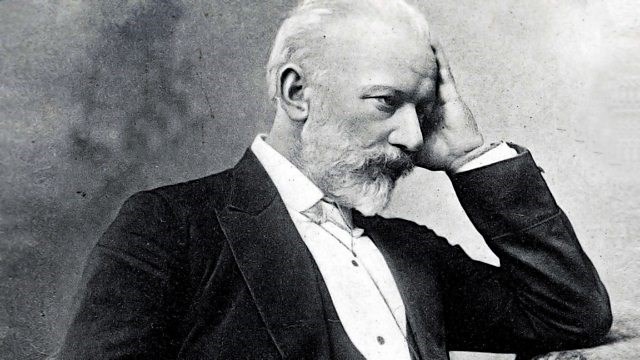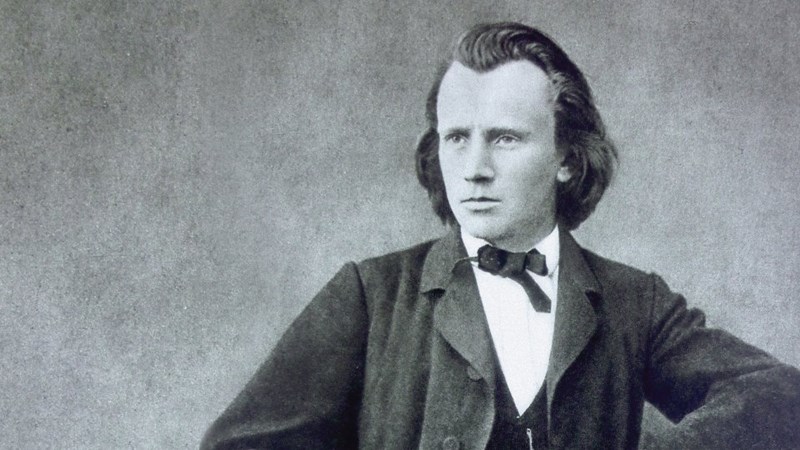by The Sokolover, Interlude
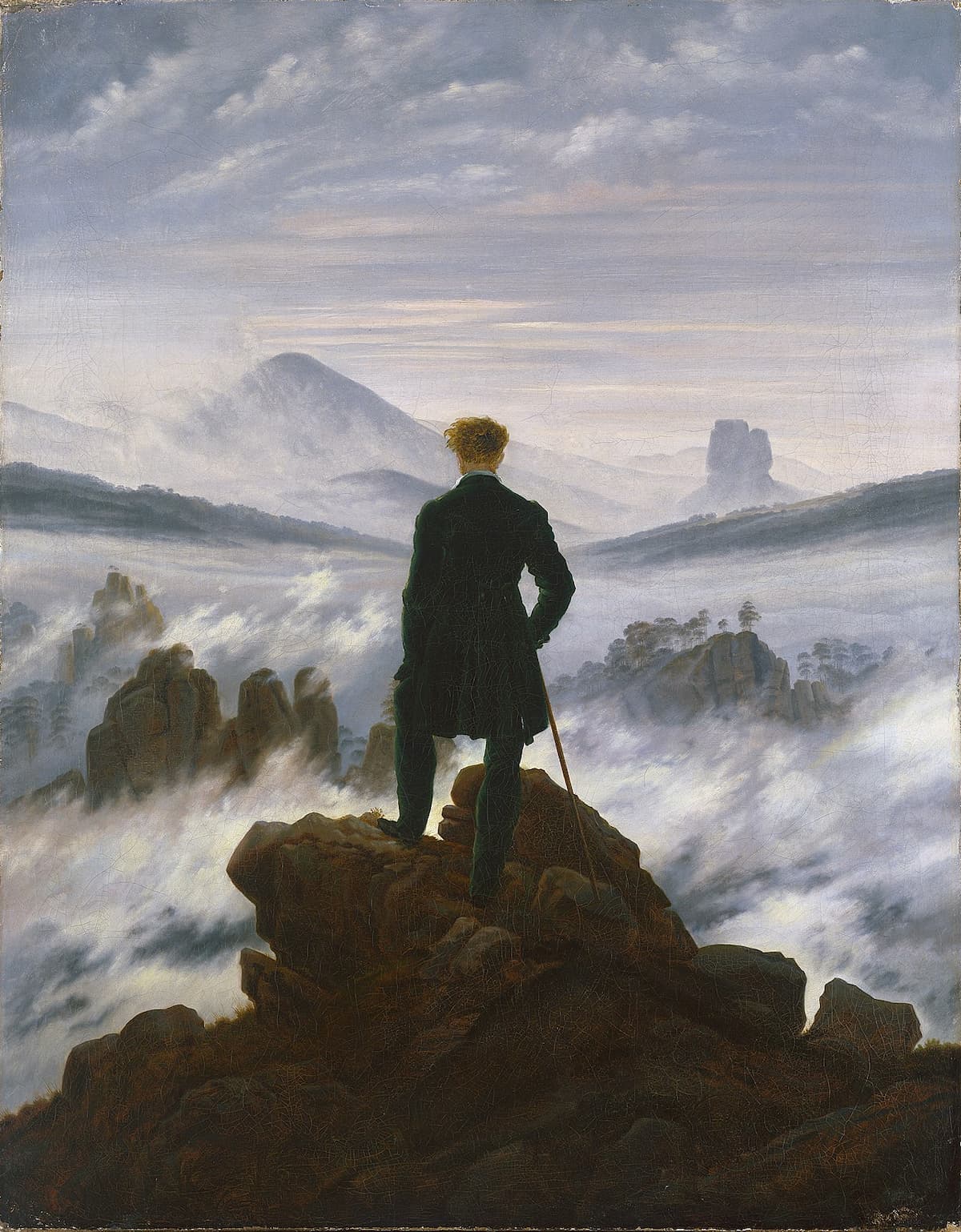
The Wanderer over the Sea of Fog (1818), by Caspar David Friedrich
It perhaps lacks the spirituality of Bach’s music, the sanguinity of Mozart, or the heroism of Beethoven. But that isn’t the point of Schubert’s music, for he never sought to transcend above or eschew human conditions. Instead, what we hear is a frank acknowledgement of our fragility and vulnerability.
His Impromptu Op. 90 No. 1 in C minor begins with a proclamation of G octaves. This recurs throughout the work and haunts us with a sense of threat and inescapable fate, bringing Erlkönig to mind. While the sections with duet singing (3:25, 6:45) contain probably the most gorgeous melody Schubert ever wrote (where else can such bittersweetness be found?), it only offers momentary consolation as the foreboding G octave repeats itself (4:05, 7:12). The Impromptu does end in C major, but are the conflicts resolved? Not really.
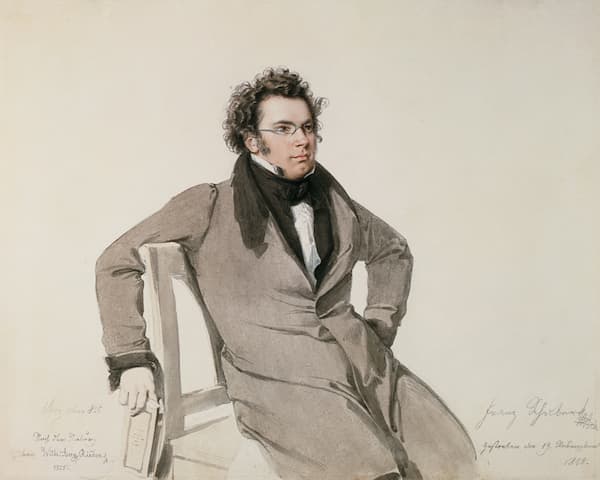
Franz Schubert
On the other hand, Impromptu Op. 90 No. 3 in G-flat major, a lied ohne worte in its effect, exudes such radiant warmth and embracing tenderness, undeterred by the troubled central section. What an exquisite combination of simplicity, intimacy and haunting beauty.
That said, and apparently, Schubert’s music isn’t all mellow or sentimental. Just listen to the stabbing pain and horror in his Der Doppelgänger, or the frenzied, demonic outcry that defies boundaries in Andantino from his Piano Sonata D. 959, both of which are almost psychologically traumatic and nakedly reveal another dimension of Schubert’s persona, and also that of human experience.
Central to Schubert’s aesthetics is a potent sense of solitude. He was a rootless loner who felt attached to nowhere, a poet of solitude, and a true wanderer – it could hardly be a coincidence that he wrote three Lieder on Der Wanderer (D. 493, D. 649, D. 870), not to mention the Winterreise. The poems on which these Lieder are based offer a unique sensibility to the psyche of a wanderer, or that of Schubert. Froh umgeben, doch alleine (there is joy all around, yet I am alone) – it couldn’t be better concluded.
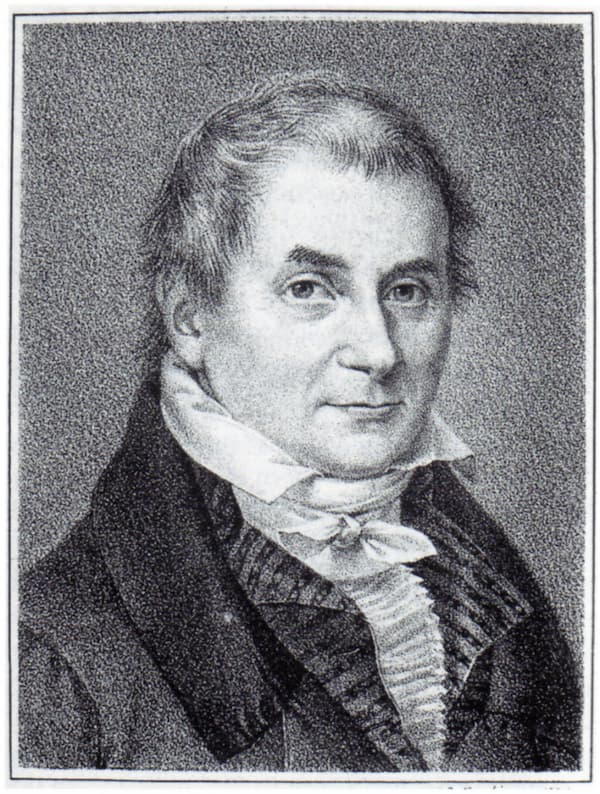
Georg Philipp Schmidt von Lübeck
| Der Wanderer (by Georg Lübeck) | The Wanderer (English translation by Richard Wigmore) |
| Ich komme vom Gebirge her, Es dampft das Tal, es braust das Meer. Ich wandle still, bin wenig froh, Und immer fragt der Seufzer: wo? Die Sonne dünkt mich hier so kalt, Die Blüte welk, das Leben alt, Und was sie reden, leerer Schall, Ich bin ein Fremdling überall. Wo bist du, mein geliebtes Land? Gesucht, geahnt und nie gekannt! Das Land, das Land, so hoffnungsgrün, Das Land, wo meine Rosen blühn, Wo meine Freunde wandeln gehn, Wo meine Toten auferstehn, Das Land, das meine Sprache spricht, O Land, wo bist du? Ich wandle still, bin wenig froh, Und immer fragt der Seufzer: wo? Im Geisterhauch tönt’s mir zurück: „Dort, wo du nicht bist, dort ist das Glück!“ | I come from the mountains; the valley steams, the ocean roars. I wander, silent and joyless, and my sighs for ever ask: Where? Here the sun seems so cold, the blossom faded, life old, and men’s words mere hollow noise; I am a stranger everywhere. Where are you, my beloved land? Sought, dreamt of, yet never known! The land so green with hope, the land where my roses bloom, Where my friends walk, where my dead ones rise again, the land that speaks my tongue, O land, where are you? I wander, silent and joyless, and my sighs for ever ask: Where? In a ghostly whisper the answer comes: ‘There, where you are not, is happiness!’ |
(Source: https://oxfordsong.org/song/der-wanderer)
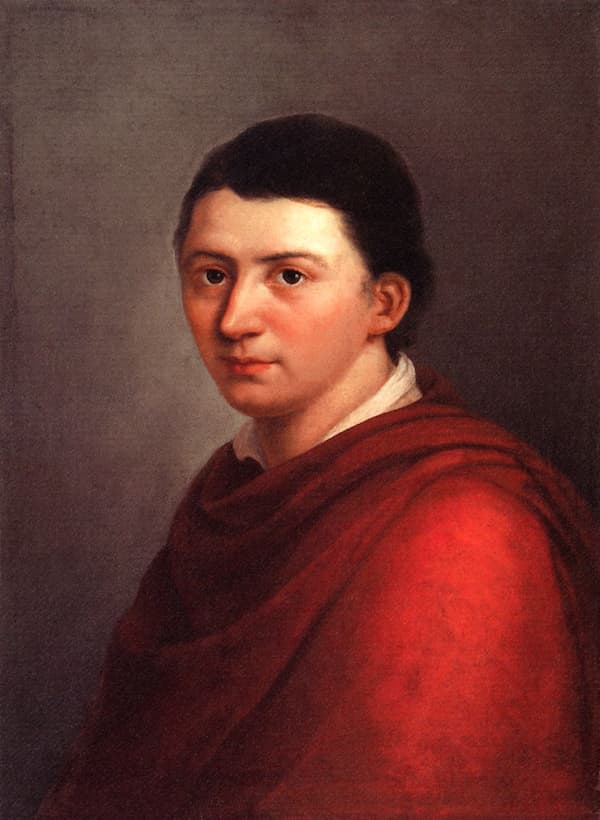
Friedrich Schlegel
| Der Wanderer (by Friedrich von Schlegel) | The Wanderer (English translation by Richard Wigmore) |
| Wie deutlich des Mondes Licht Zu mir spricht, Mich beseelend zu der Reise: „Folge treu dem alten Gleise, Wähle keine Heimat nicht. Ew’ge Plage Bringen sonst die schweren Tage; Fort zu andern Sollst du wechseln, sollst du wandern, Leicht entfliehend jeder Klage.“ Sanfte Ebb’ und hohe Flut, Tief im Mut, Wandr’ ich so im Dunkeln weiter, Steige mutig, singe heiter, Und die Welt erscheint mir gut. Alles reine Seh’ ich mild im Widerscheine, Nichts verworren In des Tages Glut verdorren: Froh umgeben, doch alleine. | How clearly the moon’s light speaks to me, inspiring me on my journey: ‘Follow faithfully the old track, choose nowhere as your home, lest bad times bring endless cares. You will move on, and go forth to other places, lightly casting off all grief.’ Thus, with gentle ebb and swelling flow deep within my soul, I walk on in the darkness. I climb boldly, singing merrily, and the world seems good to me. I see all things clearly in their gentle reflection. Nothing is blurred or withered in the heat of the day: there is joy all around, yet I am alone. |
(Source: https://oxfordsong.org/song/der-wanderer-2)
Looking back at his late piano sonatas, some would argue: isn’t the gaiety and exuberance in the finales of D. 959 and D. 960 undeniable? Well, it could be a self-affirmation in the face of impending demise, a delusional triumph against his fate, an imagined joy that didn’t belong to him – or a joy that finally belonged to him, but in another world.
